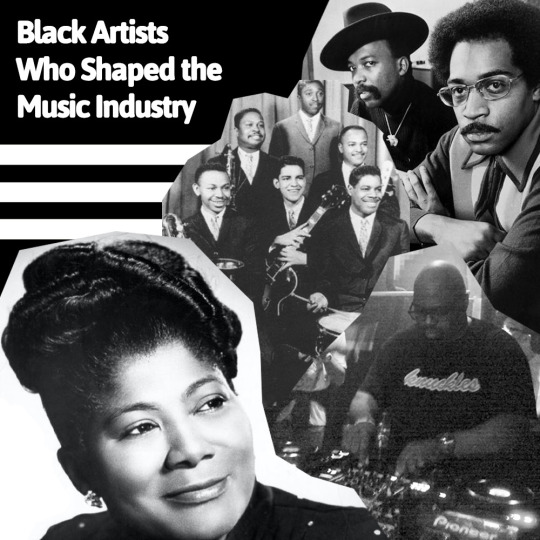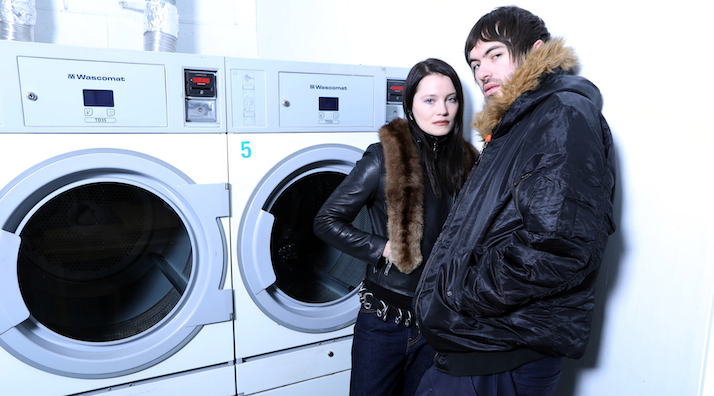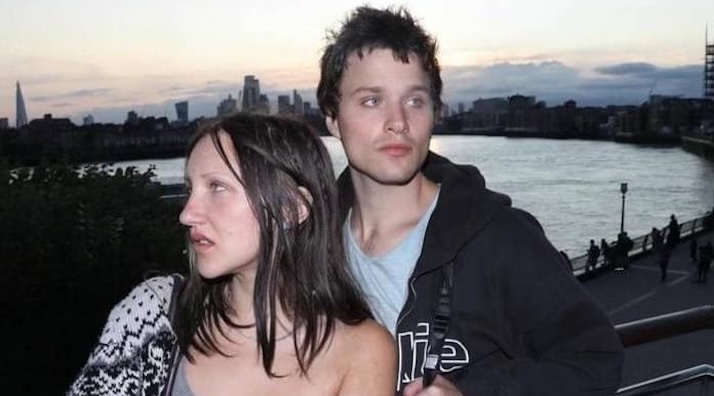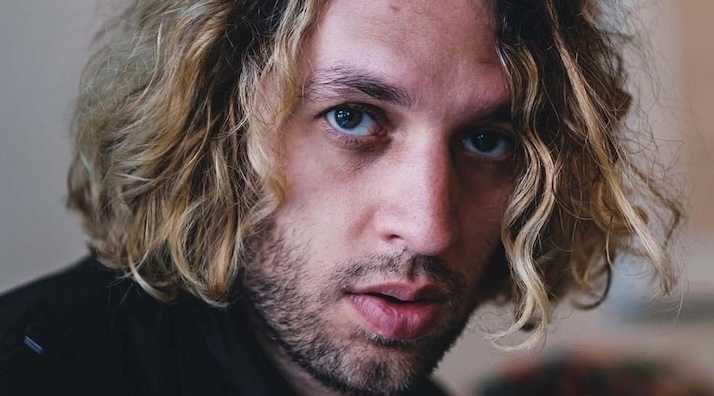The Godfather of House Music and How He Invented Dance Music as We Know It

A painting is a collaboration of three things: the canvas, the creators, and the acrylics. If the music industry is a painting, then Black musicians are all three. In honor of Black History Month, we are exploring the legacy of black ingenuity through the decades, highlighting four music pioneers: Mahalia Jackson, The Funk Brothers, Gamble and Huff, and Frankie Knuckles.
Whether you are an avid festivalgoer or prefer listening to house in the comfort of your own, well... house, dance music as we know it has some incredible and important origins. And we have one person in particular to thank - Frankie Knuckles, the Godfather of House Music. In Chicago in 1977, Knuckles began his DJ residency at the Warehouse, the house that inspired and named Knuckles' brewing new genre.
But before we open that door, let's rewind 22 years. Frankie Knuckles was born in the Bronx in 1955. Around his teenage years, he started going to clubs with friend Larry Levan. As they dove into the culture, Knuckles and Levan soon began working as DJs at the Continental Baths and The Gallery before Knuckles moved to Chicago. Around the same time, disco was embedding its way into pop culture, thanks to the groundwork laid by Gamble and Huff and Philly soul. But Knuckles was already looking ahead for the next wave.
Knuckles was inspired by a wide array of genres, including sounds from independent labels and different strains of disco that were sprouting up across Europe. He became so popular that The Warehouse, a members only gay club entertaining primarily black and latino locals, suddenly had whiter, straighter people in line.
As attorney and friend of Knuckles, Randy Crumpton explained it, “throughout the night you would hear the thunderous approval of the music from the crowd as they chanted, Frankie! Frankie! Frankie! Of course the Godfather would respond with a beat even funkier, sending the crowd into a greater frenzy. Emotions were high and it was as if Frankie had the pulse of everyone’s heartbeat and was playing them like a piano."
Upon leaving The Warehouse in 1982 to start his own club, Knuckles was given a drum machine from DJ Derrick May, who helped pioneer Detroit techno, which also nourished the embryo of early EDM. It was Knuckles' blending of his new drum machine with disco classics that birthed the first sounds of house music. Knuckles soon began making music with Jamie Principle, with whom he created hits like "Your Love" and his infamous remix of Chaka Khan's "Ain't Nobody." Soon enough, Chicago house even blew up overseas in the U.K.
In 1998, Knuckles was the first remixer to win a Grammy for Best Remixed Recording (Non-Classical) for his remix of "Unbreak My Heart” by Toni Braxton. But while Knuckles was married to house and electronic music, he felt quite divorced from the raves and sparkling bottle service culture that eventually accompanied its commercialization.
As he explains it, "The further I got away from production, though, the more my health spiralled out of control. And, at that moment, Hercules & Love Affair asked me to remix “Blind.” Long story short, I have Hercules & The Love Affair to thank for getting me back to my first love. Correction, not my first love, my real love."
His real love had a real impact with noteworthy roots. Music genres like one big family and house music wouldn't exist without its ancestors. A 2002 song by Blaze called "Do You Remember House" begins with the lyrics, "I remember house / When house was soul music and R'n'B / Before house was disco."
This echoing sentiment is a reminder that house would not exist without disco, which came from Philly soul. The Philly sound Gamble and Huff helped create would not exist without Motown. Motown would not be the same without the Funk Brothers and their contributions. The Funk Brothers would not have played the same without Mahalia Jackson's gospel wave and the influence of early R&B. Thus, electronic house music is the great grandchild of R&B.
Knuckles passed away in 2014 but his legacy lives on through both the music he birthed and the spirit of Frankie Knuckles Way, the street that hosts the Warehouse, which is now named after him. His spirit also lives on in The Frankie Knuckles Foundation, which focuses on music in schools, LGBTQ youth homelessness, AIDS research and prevention, and diabetes research and education.
It is important to be aware of the fundamental contributions of Black artists, as the ideas that catalyzed an everlasting ripple of influence are in some way, shape or form, responsible for nearly every song in every one of our playlists. Various Black artists who reached surmounting successes, like Mahalia Jackson and Frankie Knuckles, even prompted the Recording Academy to create new Grammy Award categories. In short, Black musicianship not only influences music to this day, but it is also the ancestral root that serves as the canvas for each coming decade.



